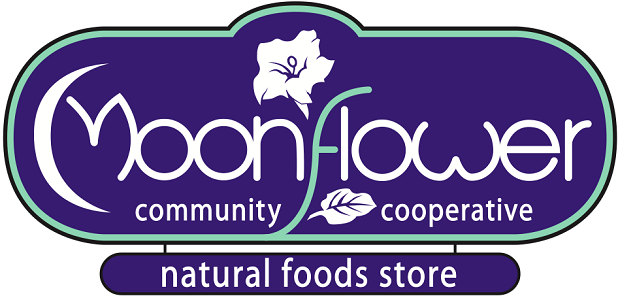By Emily Stock
Influences on Digestion
The digestive system is what brings us together. The intestines are layered with immune and nervous system material, and the liver and blood have large roles in the process. Emotions, conjuring either pathway of stress response, play a major role in our physiology, starting with digestion. In this class, we will discuss some major influences on the digestive process: nutritional deficits, bacterial imbalance, food intolerances and emotional patterns can be some root causes for problems. We will discover some ways to remedy the negative influences and how to introduce positive ones, including herbal therapies.
Common Negative Influences
Nutritional Deficits
Common nutritional deficits include many minerals, especially magnesium, zinc and selenium. Other common deficits are B Vitamins, omega-3 fatty acids, and Vitamin D.
Notes on Vitamins:
A Vitamin B complex may be more effective if taken in conjunction with sublingual Vitamin B-12
In order to absorb the daily recommended dose of Vitamin D from the sun, a person would need to spend 20 minutes a day in direct sunlight. Supplementing with bioactive Vitamin D, or calcitrol, can help.
Bacterial Imbalance
Our bugs outnumber our cells 10 to 1 (we are more ‘them’ than ‘us!’). They need good nutrition, lots of soluble fiber, and regular elimination to maintain balance. Most vaginally-born, breast-fed humans are given a good start to their ecology but it still must be maintained through nourishment with fiber and good dietary practices. People who have had their appendix out may have to work harder to nourish good ecology. Antibiotics harm the ecology and it must be rebuilt afterward.
-When gut flora is wiped out, it can be difficult or impossible to re-inoculate (fecal transplants are gaining popularity as a means to reintroduce gut flora wiped out by antibiotics)
Good dietary practices to support gut flora:
- Eliminate food intolerances
- Eat 70% vegetables – it’s more than you think!
- Practice proper food combining – don’t eat fruit with anything else, don’t combine fruits
- Take bitters before eating
- Eat sitting down, look at and think about your food as you eat
- Maintain 2 bowl movements daily
- Eat fermented foods with at least 1 meal daily
- Eat small meals. Large, protein-rich breakfast, medium lunch, small dinner
- Don’t snack – allow time for the system to be empty
Stress, Anger and Worry
The main stress response in the body organizes body function. During stree, or sympathetic response, the digestive system becomes shut down, as it is more necessary to bring blood to the muscles to run away from a perceived threat. Obviously, our modern stress is much different than our physiology (we arent running from predators), so we need to remind our hearts and minds that there is no threat, sit calmly before eating, smell our food, take deep breaths, and prepare the body for digestion. Taking herbal bitters before eating can also stimulate the vagus nerve for digestion and can ease the stress response, while also getting the enzymes and acids ready for food!
Nervine agents: Skullcap, chamomile, lavender, passionflower, kava, oatstraw and more!
Food Intolerance and Systemic Inflammation
Most people have food intolerances. This causes systemic inflammation and can be low-grade but usually peaks into symptoms people can’t ignore. This peak can happen at any point in life. Testing for food allergies can be done through a 6-week elimination diet, whereby you remove all foods that you suspect might be causing inflammation. Reactions to various foods can be caused by a lack of integrity of the gut lining, so do a gut healing protocol along with the elimination. Re-challenge – after 6 weeks introduce one of the foods that were eliminated and eat 2-3 times a day for a week (often this is clear after the first day if there is an allergy, so you can stop once it’s clear).
Typically, symptoms will arise more dramatically than before – look for stuffy or runny nose, any skin irritation, headaches, bloating, gas, etc.
Leaky Gut
In response to inflammation and a culturally poor diet, intestinal hyper-permeability, or leaky gut, has become increasingly common. The healing protocol for leaky gut and diverticulitis are similar, as they are both states of inflammation and poor connective quality of the intestinal wall. Healing protocols can take time if done casually, or within the span of 4 weeks if done intensively.
- Eliminate food intolerances and inflammatory stimulus, including alcohol and perhaps caffeine.
- Drink gut healing and mineral rich teas every day on an empty stomach in the morning and also throughout the day
- Allow time between meals – no snacking, let your stomach rumble
- Supplement 10,000 IU of Vitamin D per day
- Some people find that eliminating grains, legumes, and nuts for a few weeks can be extremely helpful
- Balance gut flora and take probiotics and ferments
Great herbs for leaky gut include: Plantain, calendula, peppermint, licorice, and marshmallow. Herbs are a wild food and retain high mineral content.

